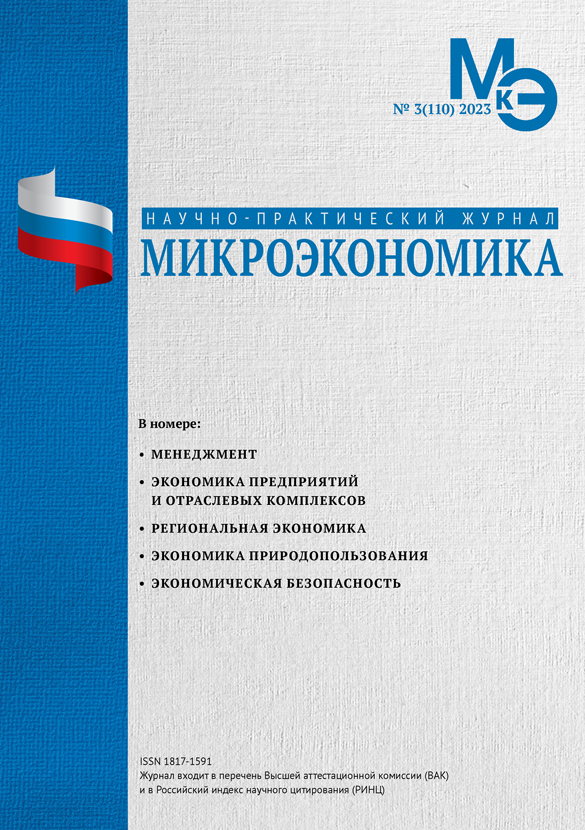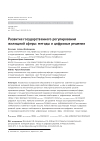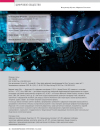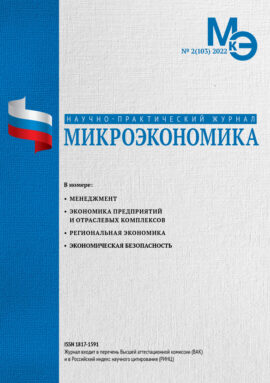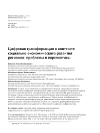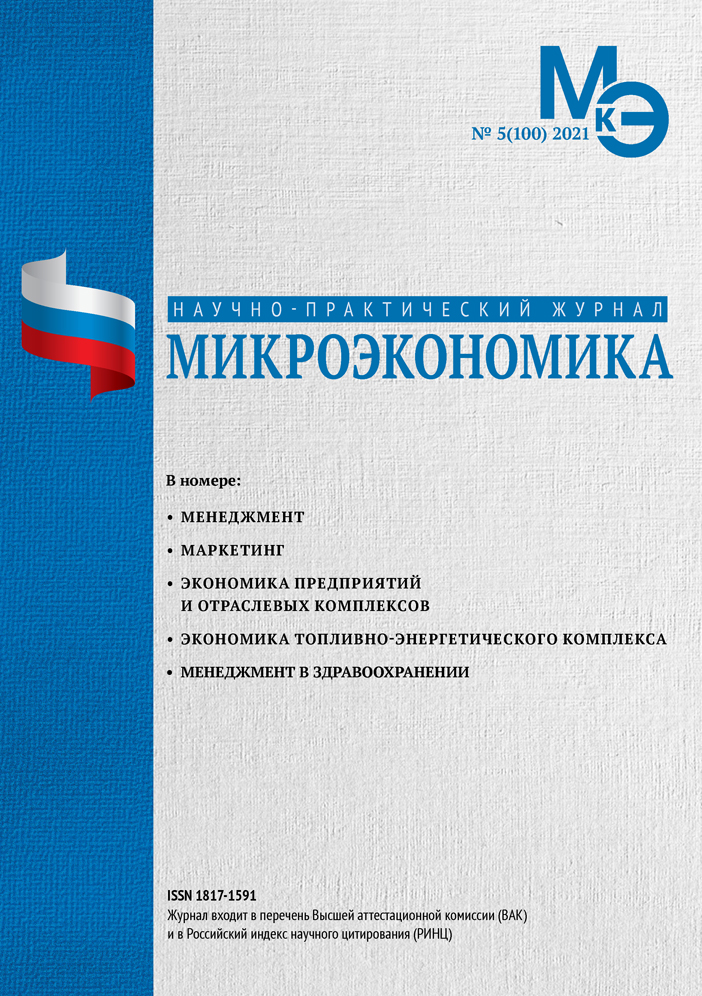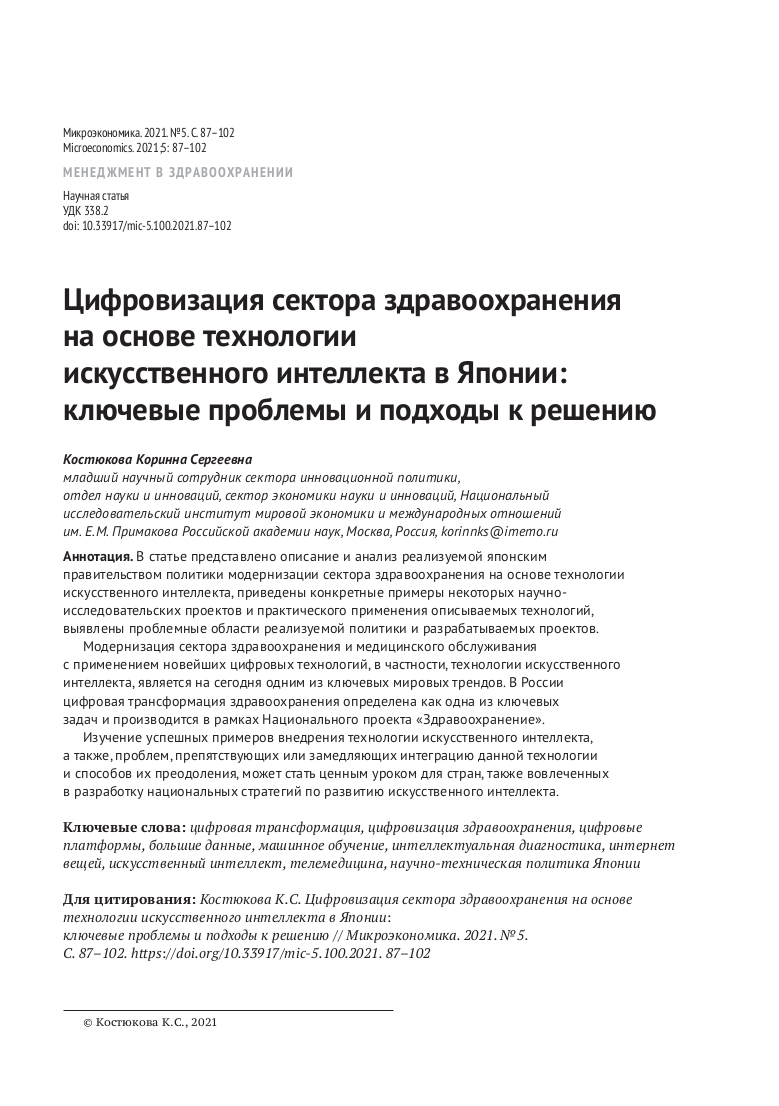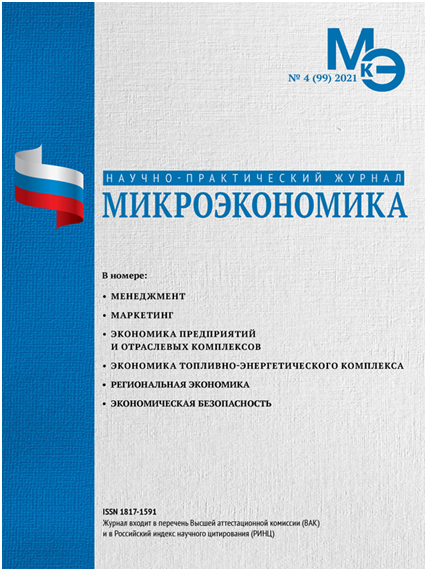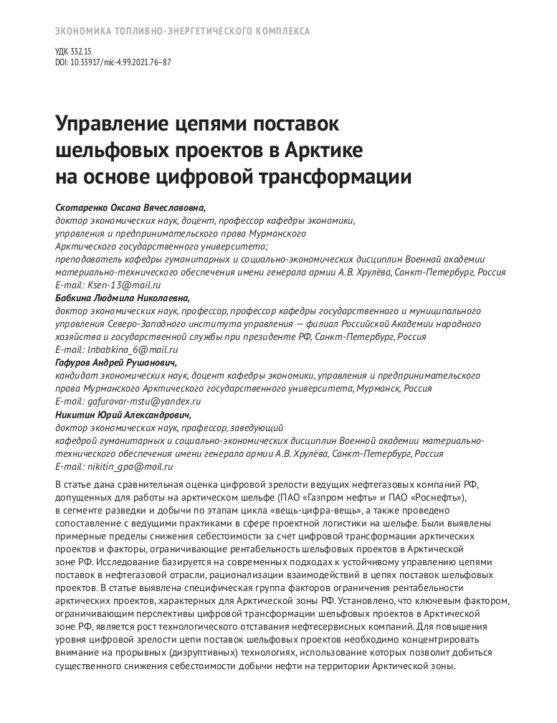Strategizing Education Development in the Context of Digital Transformation: European Experienc
DOI: 10.33917/es-2.194.2024.64-69
The COVID-19 pandemic has created a powerful additional incentive for digitalization of education. The article examines the example of strategizing education development through the prism of digitalization presented by the European Union. In the context of increasing global competition for talent in the IT field, the European Union recognizes the current pace of IT personnel training as insufficient and aims to introduce effective measures to attract IT talent from all over the world. This poses a threat of intensified “brain drain” from Russia, which must be taken into account when strategizing the education development in Russia.
References:
1. Good K.D. Multimedia. Digital Roots: Historicizing Media and Communication Concepts of the Digital Age. In G. Balbi, N. Ribeiro, V. Schafer, &C. Schwarzenegger (Eds.). Berlin, De Gruyter, 2021, pp. 59–75.
2. Rensfeldt A.B., Rahm L. Automating Teacher Work? A History of the Politics of Automation and Artificial Intelligence in Education. Postdigital Science and Education, 2023, vol. 5, pp. 25–43. DOI: ht tps://doi.org/10.1007/s42438-022-00344-x
3. European Commission. Communication from the Commission to the European Parliament, the Council, the European economic and social committee and the Committee of the regions 2030 Digital Compass: the European way for the Digital Decade. Brussels, 9.3.2021 COM(2021) 118 final. Brussels:
European Commission, 2021, available at: https://commission.europa.eu/system/files/2023-01/cellar_12e835e2-81af-11eb-9ac9-01aa75ed71a1.0001.02_DOC_1.pdf
4. Makarov V.L., Bakhtizin A.R., Sushko E.D. Agent-orientirovannye modeli kak instrument aprobatsii upravlencheskikh resheniy [Agent-based Models as a Testing Tool for Management Decisions]. Upravlencheskoe konsul’tirovanie, 2016, no 12(96), pp. 16–25.
5. Makarov V.L., Bakhtizin A.R., Sushko E.D., Ageeva A.F. Modelirovanie epidemii COVID-19 — preimushchestva agent-orientirovannogo podkhoda [Simulation of the COVID-19 Epidemic – Advantages of an Agent-Based Approach]. Ekonomicheskie i sotsial’nye peremeny: fakty, tendentsii, prognoz, 2020, vol. 13, no 4, pp. 58–73.
6. Kvint V.L. Strategicheskoe upravlenie i ekonomika na global’nom formiruyushchemsya rynke [Strategic Management and Economics in a Global Emerging Market]. Moscow, Biznes Atlas, 2012, 626 p.
7. Kvint V.L. Ideya noosfery Vernadskogo i zakonomernosti, predopredelyayushchie formirovanie global’nogo noosfernogo miroporyadka XXI v. [Vernadsky’s Concept of the Noosphere and the Patterns that Predetermine Formation of the Global Noospheric World Order of the 21st Century]. Upravlencheskoe konsul’tirovanie, 2013, no 5(53), pp. 13–19.
8. European Council. EUCO 14/17 CO EUR 17 CONCL 5. Brussels, European Council, 19 October 2017, available at: https://www.consilium.europa.eu/media/21620/19-euco-final-conclusions-en.pdf
9. Kvint V. Strategy for the Global Market: Theory and Practical Applications. N.Y., L., Routledge-Taylor & Francis, 2015.











